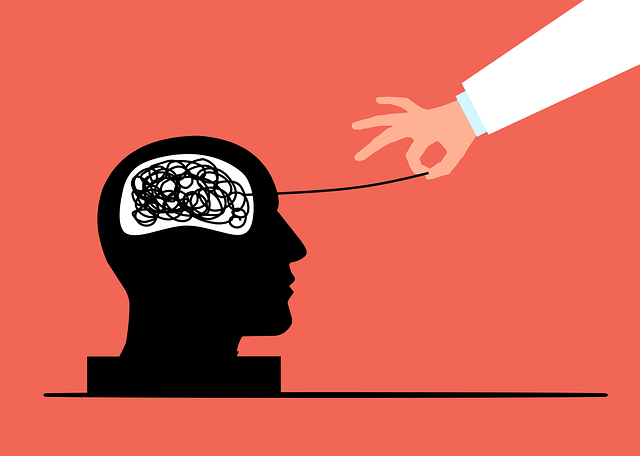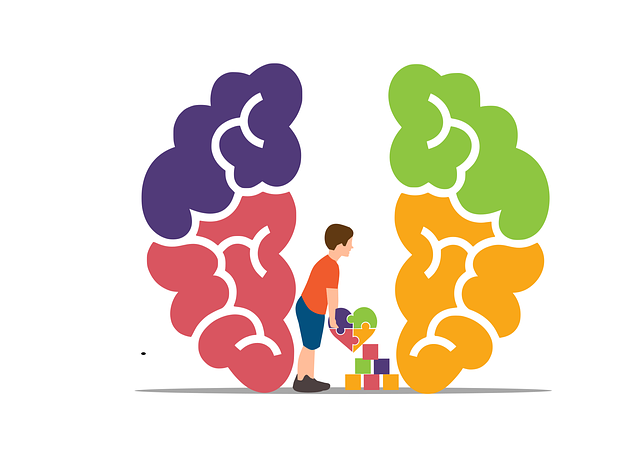Media portrayal of mental health, particularly substance abuse and recovery in Arvada, significantly impacts public understanding. Positive media representation reduces stigma and encourages support, while negative portrayals can marginalize individuals and deter access to essential services like Arvada Drug Abuse-Substance Abuse Therapy. To revolutionize society's approach, media creators should prioritize accurate, nuanced narratives that humanize characters with mental health challenges, collaborate with healthcare professionals, and incorporate diverse voices. This will foster empathy, challenge stereotypes, and promote open conversations about mental wellness.
Mental illness representation in media significantly influences public perception and understanding of mental health. This article delves into the impact of media portrayals on how society views and treats individuals with mental and substance abuse issues, focusing specifically on Arvada Drug Abuse-Substance Abuse Therapy. We explore challenges in depicting these topics accurately while offering strategies to promote more healing and realistic representations in media. By understanding these dynamics, we can foster a more empathetic and supportive culture.
- Understanding the Impact of Media Portrayal on Mental Health Perception
- Challenges in Depicting Substance Abuse and Recovery Effectively
- Strategies for Promoting Accurate and Healing Representation in Media
Understanding the Impact of Media Portrayal on Mental Health Perception

Media portrayal plays a significant role in shaping public understanding and perceptions about mental health issues. The way mental illness is depicted in films, television shows, and news articles can either perpetuate stereotypes or challenge societal norms, influencing how individuals with mental health struggles are viewed and treated. Positive media representation can foster empathy, reduce stigma, and encourage those facing similar challenges to seek help without fear of judgment. Conversely, negative portrayals often contribute to the marginalization and misunderstanding of these conditions, potentially deterring people from accessing essential services like Arvada Drug Abuse-Substance Abuse Therapy.
Understanding the impact of media on mental health perception is crucial in navigating the complex landscape of emotional healing processes. By promoting accurate and compassionate representations, we can facilitate self-care routine development for better mental health and encourage positive thinking. This shift in media narrative has the potential to revolutionize how society addresses and supports individuals dealing with various mental health challenges.
Challenges in Depicting Substance Abuse and Recovery Effectively

The media’s portrayal of substance abuse and recovery is a complex issue that presents several challenges. Often, these stories simplify the intricate nature of addiction, reducing it to a mere character flaw or a short-term fix. Such depictions fail to capture the severity of Arvada drug abuse and the multifaceted nature of substance abuse therapy required for effective healing. The reality is that addiction is a chronic illness, and recovery is a complex process involving emotional healing processes that demand patience and specialized support.
In their quest to entertain or create compelling narratives, media platforms sometimes overlook the delicate balance between storytelling and accurate representation. This can lead to harmful stereotypes and misconceptions about individuals struggling with mental health issues, especially when it comes to risk assessment for mental health professionals. Effective portrayal of recovery requires a nuanced understanding of mental wellness and the various therapeutic approaches available, ensuring that audiences gain an informed perspective on the challenges and triumphs of overcoming substance abuse.
Strategies for Promoting Accurate and Healing Representation in Media

Media has a significant impact on shaping societal perceptions of mental illness. To promote accurate and healing representation, content creators must prioritize mental wellness as a narrative element. This involves portraying characters with mental health challenges in nuanced ways, highlighting their humanity and struggles rather than perpetuating harmful stereotypes. Incorporating diverse voices and experiences can ensure a more realistic portrayal, reflecting the wide spectrum of mental illness. Collaboration with mental health professionals like those offering Arvada Drug Abuse-Substance Abuse Therapy services is crucial to provide authenticity and avoid misrepresentations.
Additionally, fostering cultural sensitivity in mental healthcare practice within media production is essential. Recognizing and respecting cultural differences in expressing and experiencing mental distress can prevent the marginalization of specific communities. By integrating this awareness, media creators can offer more inclusive narratives that resonate with a broader audience. Moreover, stress management techniques and healthy coping mechanisms should be showcased, providing valuable insights for viewers facing similar challenges while encouraging open conversations about mental wellness.
Media has a significant impact on shaping public perception of mental health. Inaccurate or stereotypical portrayals can exacerbate stigma and hinder support for those struggling with conditions like substance abuse and recovery, as seen in many Arvada drug abuse cases. However, by implementing evidence-based strategies for accurate and healing representation, media can play a crucial role in promoting understanding, empathy, and access to resources for mental health challenges. This, in turn, fosters a more supportive society where individuals feel empowered to seek help without fear of judgment.














